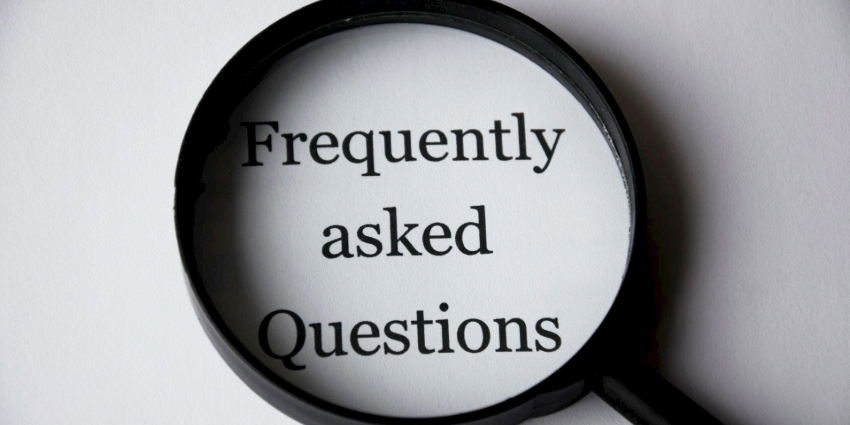I’m sorry I’m late.
I’m sorry if this sounds like a repetitive question.
I’m sorry to bother you.
I’m sorry, I don’t mean to interrupt you.
I’m sorry, sorry, sorry, sorry…….BLECH!
WHY am I sorry?
I’m not REALLY sorry. I haven’t offended anyone. I haven’t made an error. I haven’t hit anyone with my car. Why am I apologizing?
We think “I’m sorry” shows deference, humility, or accommodation, but it does quite the opposite.
The reflexive apology and the chronic over-apologizing can make you appear less confident in the workplace and even in your personal life.
You might be thinking to yourself:
“I don’t really apologize or misuse the ‘I’m sorry’ much at all.”
To that inner thought I will say two things:
1. Quite possibly you’re a narcissist, and this post will land like a thud. You may want to stop reading at this point as “sorry” isn’t in your vernacular. I can’t help you this week; see you next Friday and have a great weekend.
2. You reflexively apologize more than you even realize.
Do this today. Make a dash, line, star etc…on a post-it note, your phone, the back of a receipt…each time the words “I’m sorry” escape your mouth WHEN they are NOT truly needed. You will surprise yourself with the results. (My guess is, by the very fact that you are a loyal member of Thought Partner Friday, you won’t find yourself in category #1.)
So what’s the fix? How do I stop apologizing? What’s the alternative?
1. START THANKING – “Thank you for waiting to start the meeting until I arrived.”
2. OWN YOUR JOB – “I need some additional clarification.” It doesn’t matter if the question appears repetitive; if you need clarification and have a legitimate question or need to raise a concern – ask without qualifying – you have a responsibility to your team and your organization to perform with clarity. Make sure you get what you need to perform your best.
3. ACT YOUR WORTH – “Is this a good time to talk?” Your time is just as valuable as the person’s with whom you need to speak. If it’s not a bother for you to seek production, action and answers, do not assume it’s a bother for anyone else. Requesting a meeting or an opinion doesn’t require subjugation.
4. RECOGNIZE PERCEIVED FAILURE and RESPOND with CONFIDENCE – “That didn’t go as well as I planned. Let me get back to work on it.” Acknowledge a perceived failure and get back to the drawing board. No public flogging required.
Civility and teamwork are price of admission qualities we must exhibit in the workplace.
Let’s save “I’m sorry” for those occasions (and we all have them) when we’ve hurt someone personally or emotionally and we truly are SORRY.













